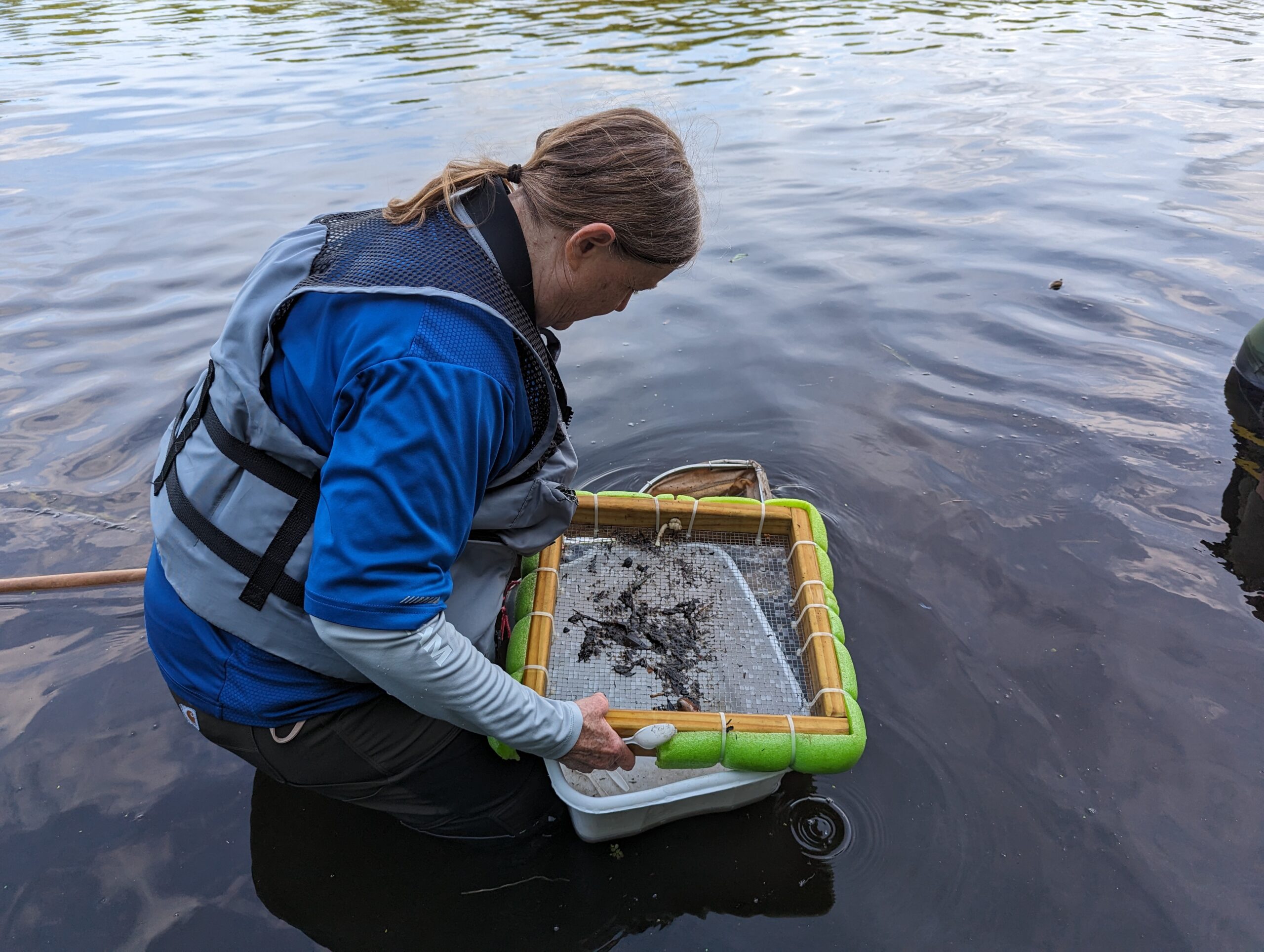DMP is a nationwide study that monitors mercury levels in the environment to determine dangers for local humans and wildlife. Learn more about this hands-on research opportunity for community scientists and volunteers of all backgrounds!
| What is DMP?: The Dragonfly Mercury Project (DMP) is a nationwide community science and volunteer-based project that collects dragonfly larvae for mercury analysis. As mercury can be toxic to humans and wildlife, DMP data can help scientists better understand and prevent mercury contamination. |
| Mercury Contamination: How does mercury reach our protected areas? Most elevated levels of mercury are caused by human activity and contamination. Mercury and other contaminants reach parks through air pollution. These contaminants are cause for concern as they do not break down and can build up in the tissue of organisms, causing disease in wildlife. |
| Mercury & Dragonflies: Dragonflies spend most of their life in the water as juvenile larvae, where they are an indicator of mercury levels in the environment. These larvae eat smaller insects and even fish, taking up the mercury inside their prey when they feed. Their size makes them easy to catch and sample, making them the ideal bioindicator of mercury levels in an area. |
| How to Volunteer: The DMP is conducted as a nationwide study, relying on volunteers to help with local sample sites. Once data is collected it is sent to the U.S. Geological Survey laboratory for mercury analysis. This project is a great opportunity to participate in hands-on fieldwork involving your community. Join the Wekiva Wild and Scenic River System’s sampling events throughout the DMP season, and contribute to our understanding of local mercury levels! Sign-up information here. |

